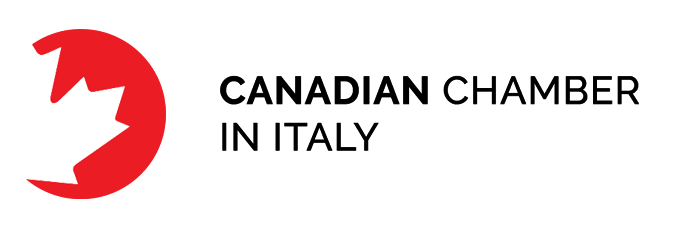To ensure clarity and consistent understanding of the terms used in this policy, we provide the following definitions:
2.1 Donation: A donation is a voluntary contribution in money, goods or services, without expectation of compensation, direct benefit or consideration. Donations may be made by individuals, companies, government agencies or other organizations.
2.2 Money Laundering: This is the process of transforming the proceeds of criminal activities into apparently legitimate funds or investments. Money laundering is a crime that involves three distinct stages: placement (introduction of illicit proceeds into the financial system), layering (complicating the tracing of proceeds through a series of transactions or conversions), and integration (reintegration of proceeds back into the economic system as ostensibly legitimate funds).
2.3 Terrorist Financing: This refers to any form of financing, direct or indirect, that is used or intended to be used to support terrorist activities. This includes the financing of organisations, individuals or activities that intend to perpetrate acts of terrorism, regardless of the source of the funds.
2.4 Suspicious Donation: A suspicious donation is any financial or other contribution to the Association that raises doubts or concerns as to its origin, purpose or legitimacy. This may include, but is not limited to, donations of an unusually large amount, donations from anonymous sources or from high-risk countries, or donations that are conditioned on or associated with requests that are atypical or not in accordance with the Association’s standard practices.
2.5 Politically Exposed Person (PEP): Refers to individuals who hold or have held important public office, such as Heads of State, senior government officials, political leaders, important leaders of political parties, and senior officials of international organisations. Politically exposed persons are considered high risk in the context of money laundering and terrorist financing because of their position and influence.
2.6 Proceeds of criminal activity: This refers to any property or value derived directly or indirectly from criminal activity. This includes, but is not limited to, gains obtained through drug trafficking, bribery, theft, fraud and other forms of illegal activity.
2.7 Rejection of cash donations: The Canadian Chamber in Italy does not accept cash donations. This policy is adopted to reduce the risk of money laundering and terrorist financing, which is often higher in cash transactions. Instead, we encourage donors to use traceable and transparent payment methods, such as bank transfers, credit card payments, cheques or other forms of electronic payment.


